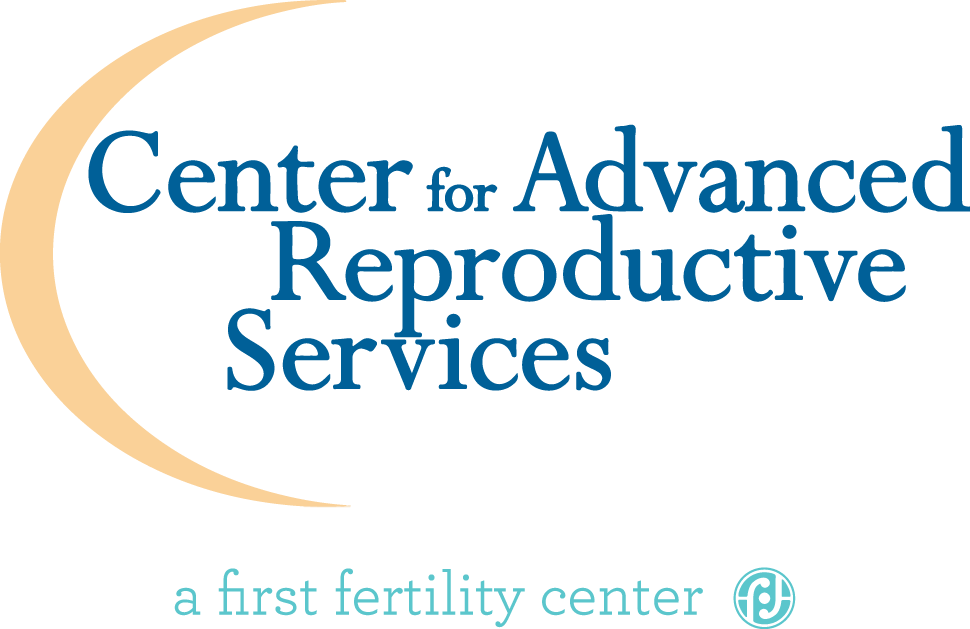Your Guide to Egg Retrieval
Your Guide to Egg Retrieval
Taking the next step in your fertility journey is both brave and deeply personal. Whether you’re beginning IVF or preserving your fertility for the future, understanding what happens during egg retrieval can replace uncertainty with confidence.
At The Center for Advanced Reproductive Services (CARS), our goal is to make sure you’re informed, supported, and cared for every step of the way. Here, you’ll find a clear, caring guide that walks you through the process — before, during, and after.
Before Your Retrieval: Setting the Stage
Your care team of board-certified reproductive endocrinologists begins by designing a treatment plan built just for you. Every cycle is a little different, but most include three key steps before retrieval:
- Monitoring and testing: Bloodwork and ultrasounds track how your follicles are growing.
- Stimulation medications: Hormones encourage several eggs to mature at once.
- The “trigger shot”: A precisely timed medication helps your eggs reach full maturity before retrieval day.
Along the way, you’ll have regular contact with your care team — and that connection matters. You’re never walking this process alone.
Small Habits That Make a Big Difference
- Stay hydrated and eat balanced meals rich in protein and whole foods.
- Keep your movement gentle — walks, yoga, and stretching are great choices.
- Cut back on alcohol, nicotine, and excess caffeine.
- Try to reduce exposure to hormone-disrupting chemicals (use glass or stainless bottles, fragrance-free personal care, and clean household products).
- Plan for comfort: loose clothing, a ride home, and a calm evening afterward.
- Prioritize high-quality sleep
What Actually Happens During Egg Retrieval
The egg retrieval itself is simple and brief — usually around 10 to 30 minutes. You’ll be under light anesthesia, so you won’t feel or remember anything.
Using ultrasound guidance, your CARS fertility specialist gently retrieves the fluid and egg from each follicle. Our embryology team immediately identifies and cares for the eggs, preparing them for either fertilization (as part of IVF) or vitrification (a rapid-freezing process used in preservation of the eggs).
For patients whose ovaries are hard to visualize due to anatomy or prior surgeries, your physician may recommend a planned transabdominal approach — always with your safety and comfort as the top priority.
The Day After: What Recovery Feels Like
Most patients describe recovery as surprisingly easy. You’ll rest in our recovery suite for about an hour after the procedure and can go home with your support person the same day.
It’s common to experience mild cramping, bloating, or spotting for a few days. You can support your recovery by:
- Drinking fluids (electrolyte drinks can help).
- Using a heating pad on low for pelvic discomfort.
- Avoiding strenuous exercise for several days.
- Resting and giving yourself grace.
If you’re doing IVF, our team will update you on how your eggs fertilized and how embryos are developing. If you’re freezing eggs, we’ll review your storage and discuss next steps whenever you’re ready.
Is Egg Retrieval Safe?
Egg retrieval is a minor procedure and complications are rare. According to the ASRM SART Fertility Experts Podcast, egg retrieval is considered a low-risk procedure, with complications such as infection or bleeding occurring in less than 1% of cases.*
We’ll talk through what’s normal — like mild bloating or spotting — and what to call about (for instance, severe pain, fever, or shortness of breath). Our anesthesia and nursing teams are experienced in reproductive medicine, so you’ll always be in expert hands.
How Many Retrievals Are Typical?
There’s no single number — it depends on your fertility goals, egg count, and personal timeline. Some people achieve their goals with one cycle, while others choose to do two or more to build a larger number of eggs or embryos for the future.
In urgent situations, such as oncofertility preservation, retrievals can sometimes be performed back-to-back with close monitoring. Your CARS physician will help design a plan that feels right for your body and your goals.
FAQs
Does egg retrieval hurt?
We will assure that you are comfortably asleep with light anesthesia, so you won’t feel anything during the procedure. Mild cramping or bloating afterward is normal and typically eases within a day or two.
Will every follicle contain an egg?
Not necessarily. Some follicles may not have mature eggs inside — and that’s completely normal. The number of follicles does not equal the number of eggs retrieved. Your care team will review your monitoring results to help set realistic expectations before the procedure.
What if I’m nervous about anesthesia?
That’s completely understandable. Breath work or visualization can help, just like they do in other stressful moments. Your anesthesiologist will review your medical history, explain exactly what to expect, and stay with you throughout recovery.
Take a Thoughtful Next Step Toward Growing Your Family
At The Center for Advanced Reproductive Services, egg retrieval is more than a medical procedure — it’s a moment of possibility. It’s a step toward your future family or simply your peace of mind. We’re here to listen, guide, and care for you with empathy and expertise.
Schedule your consultation so we can support your next step — with compassion, clarity, and hope.

 According to the American College of Obstetricians and Gynecologists (ACOG), acetaminophen is considered safe to use during pregnancy when taken as directed. This guidance can offer peace of mind when managing common discomforts such as headaches, mild pain, or fever.
According to the American College of Obstetricians and Gynecologists (ACOG), acetaminophen is considered safe to use during pregnancy when taken as directed. This guidance can offer peace of mind when managing common discomforts such as headaches, mild pain, or fever.